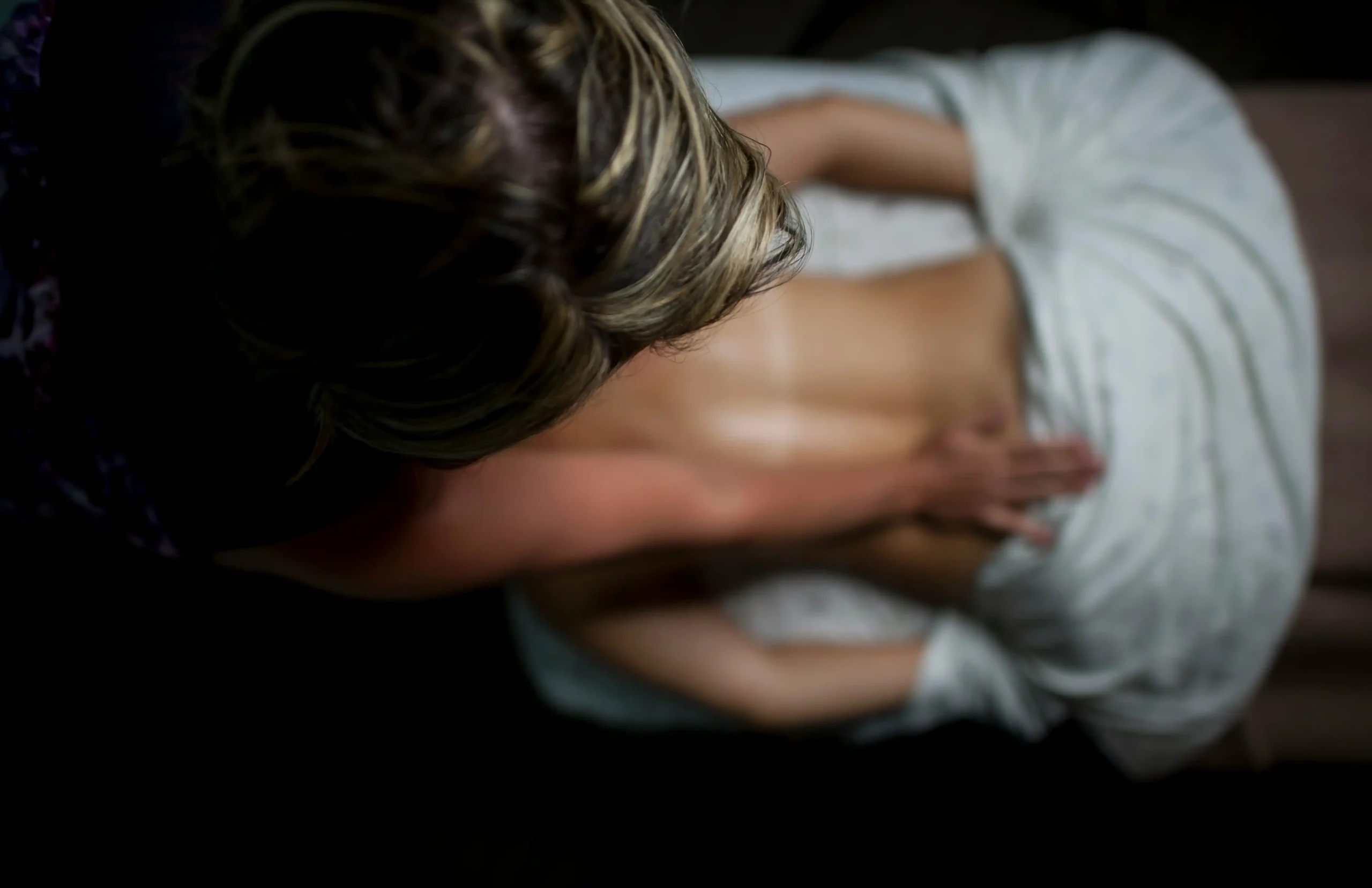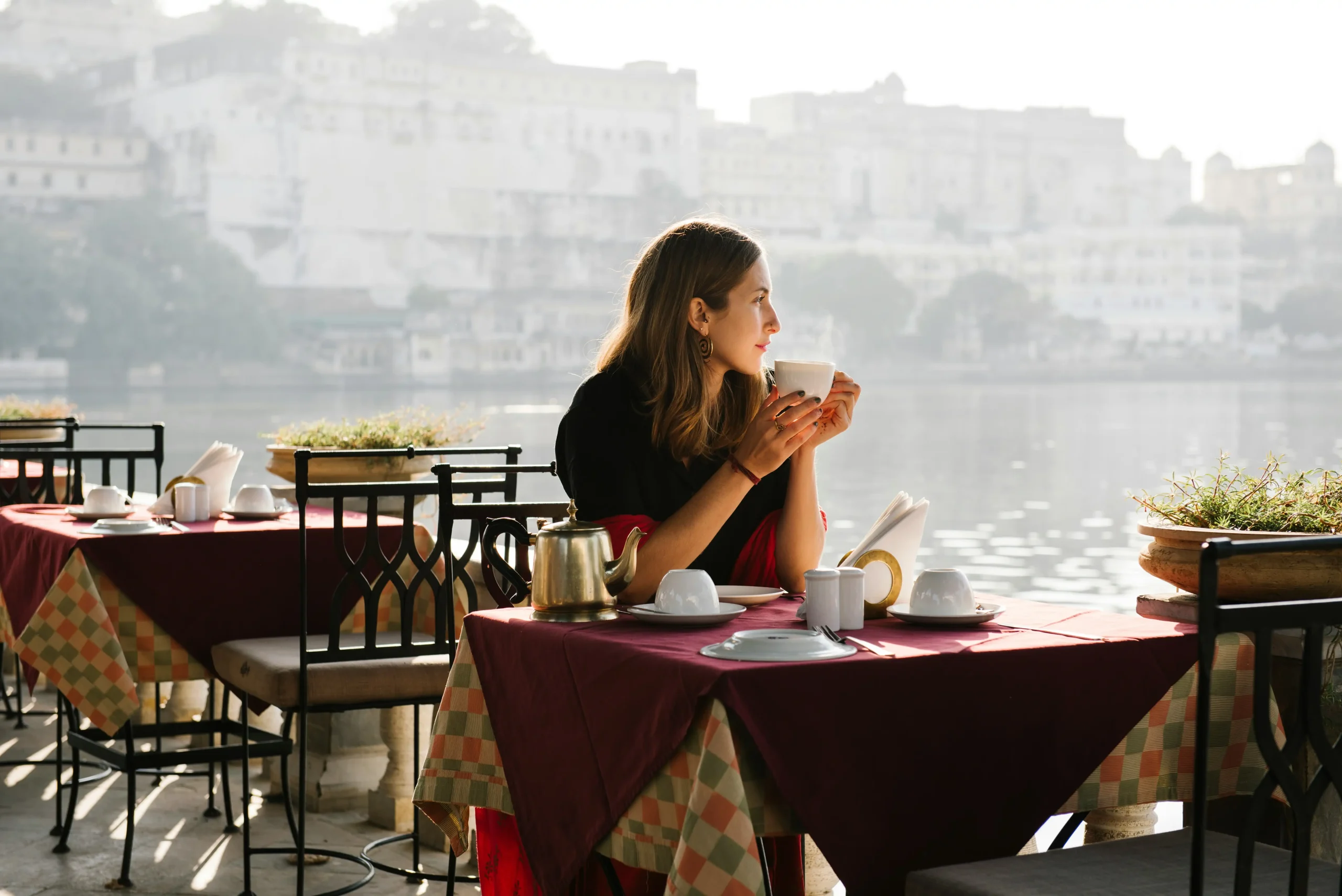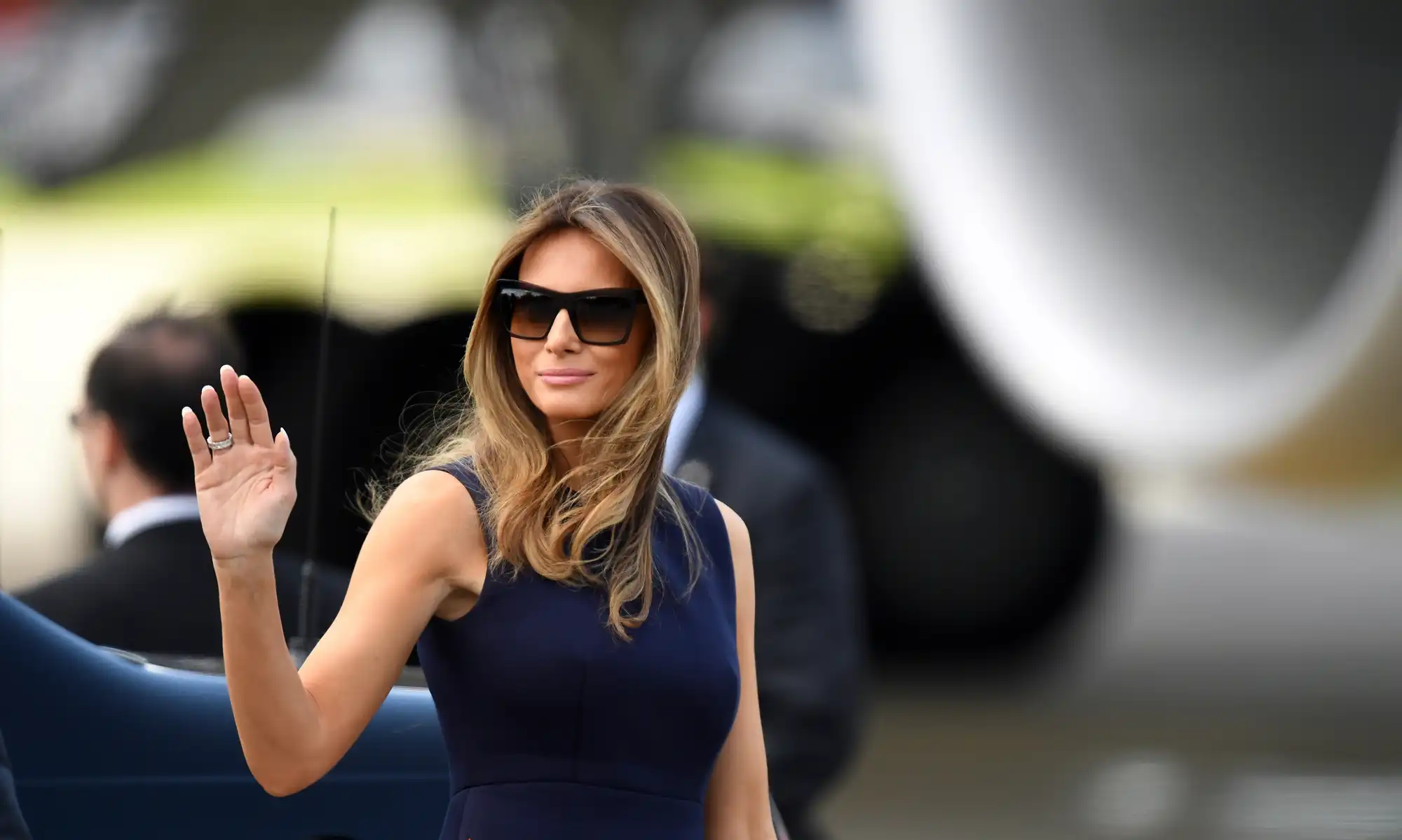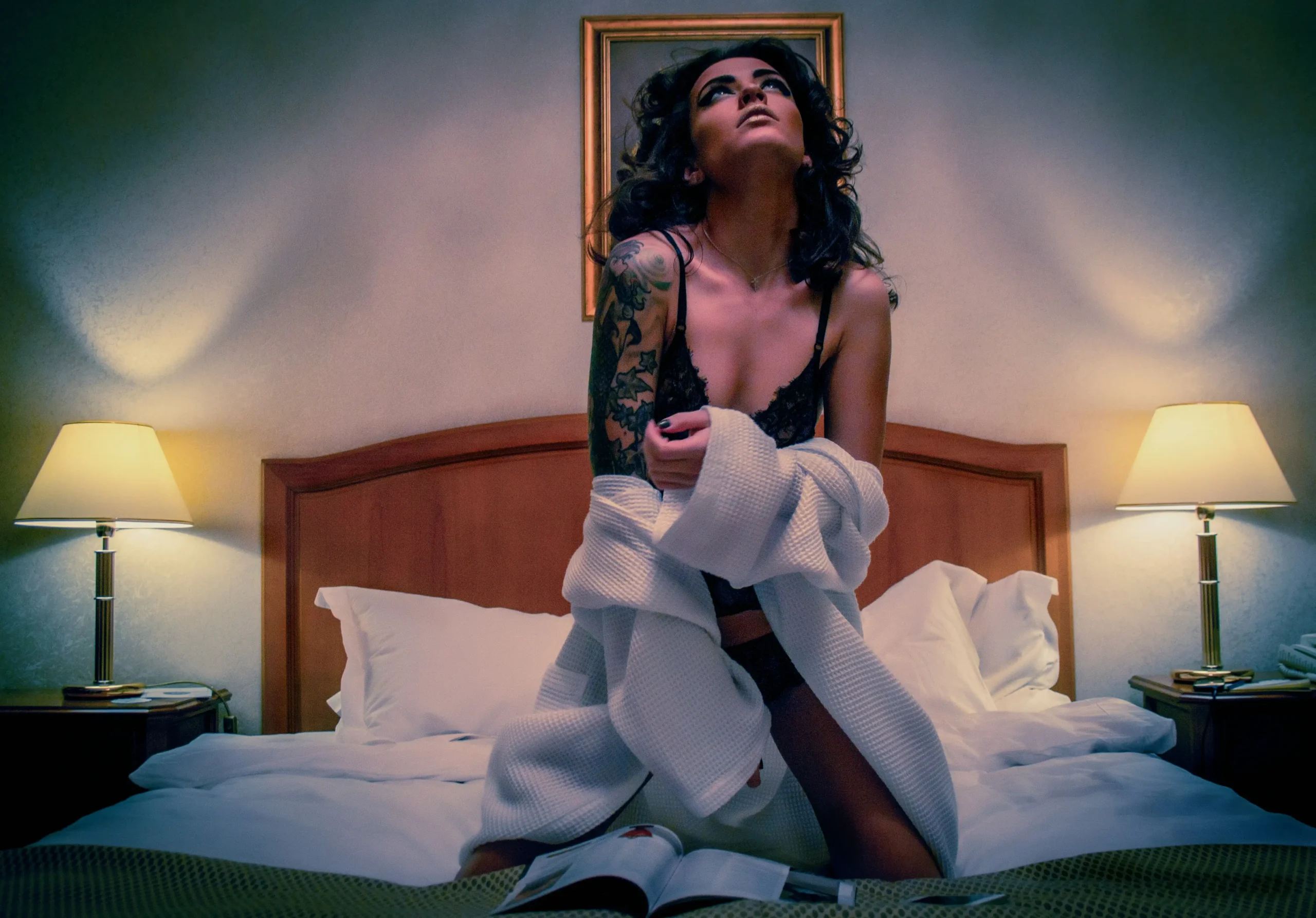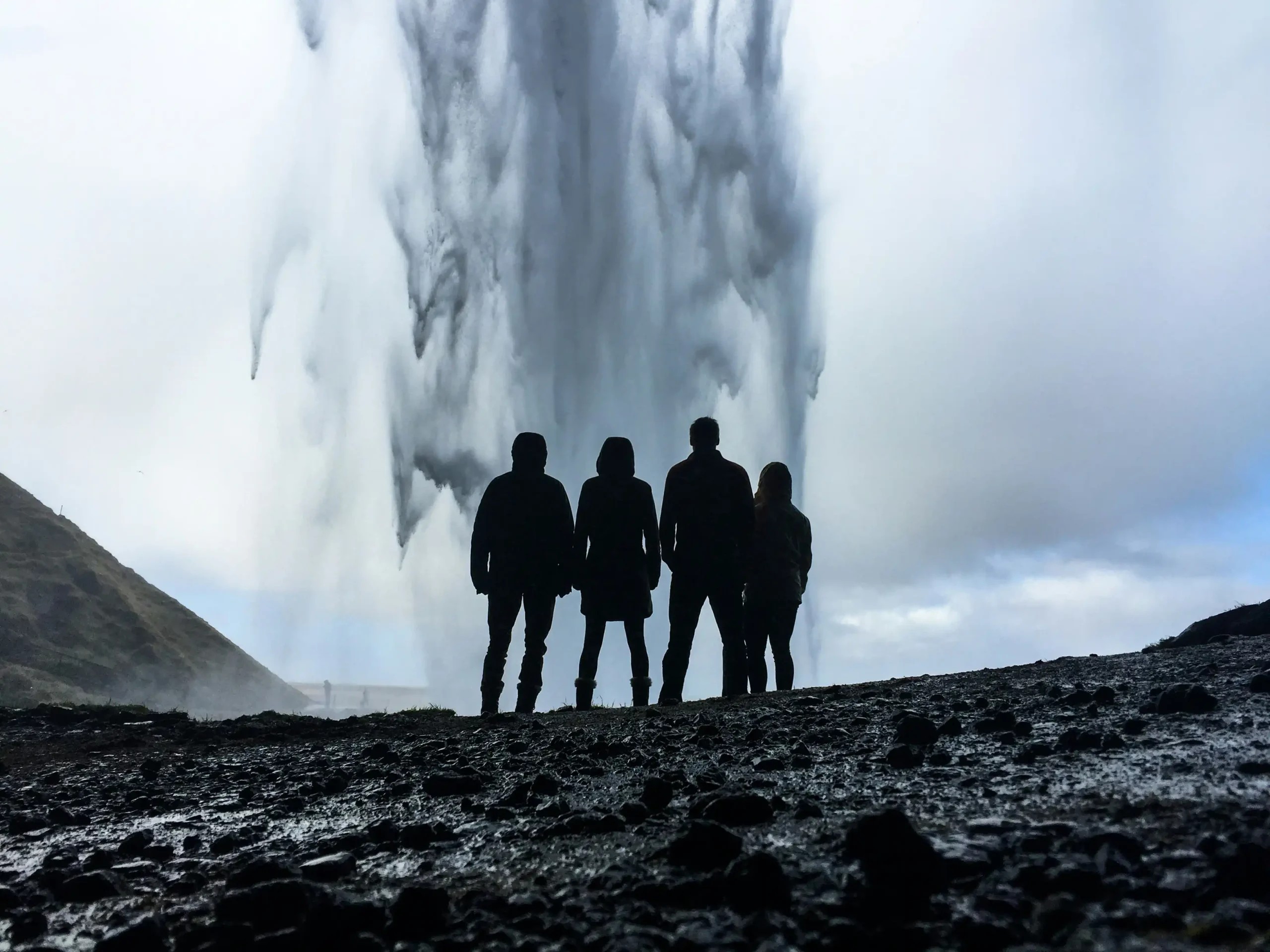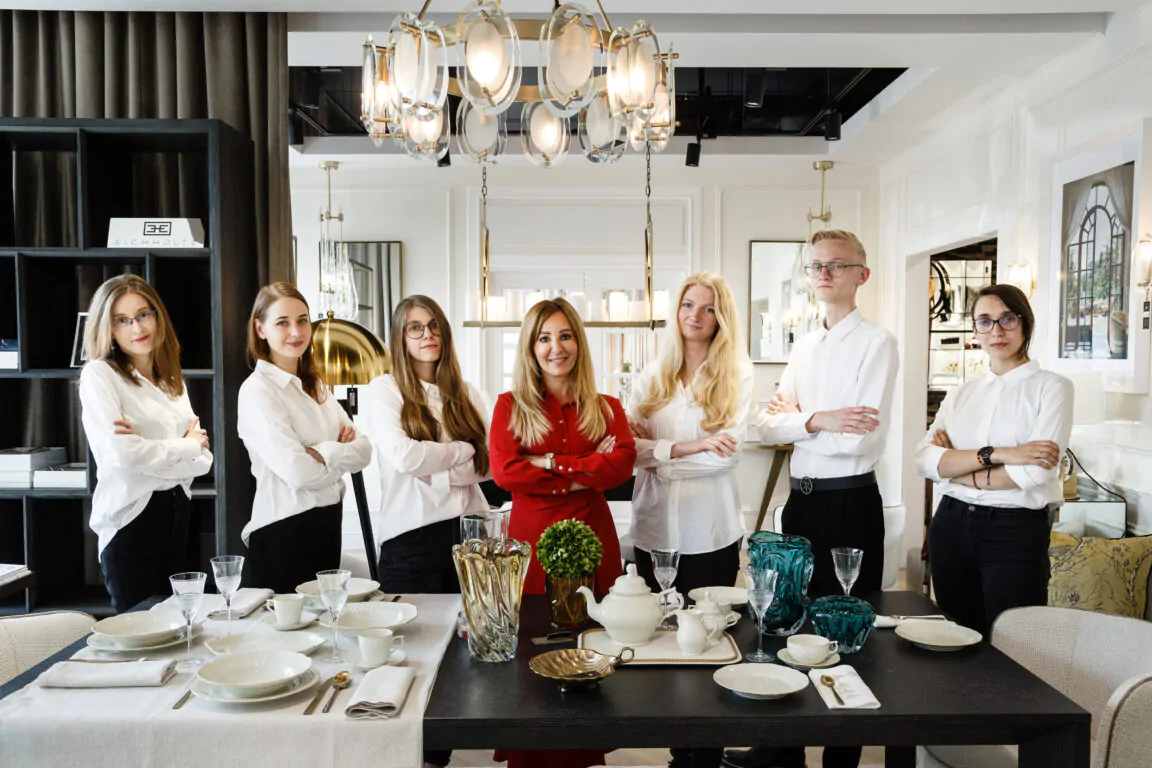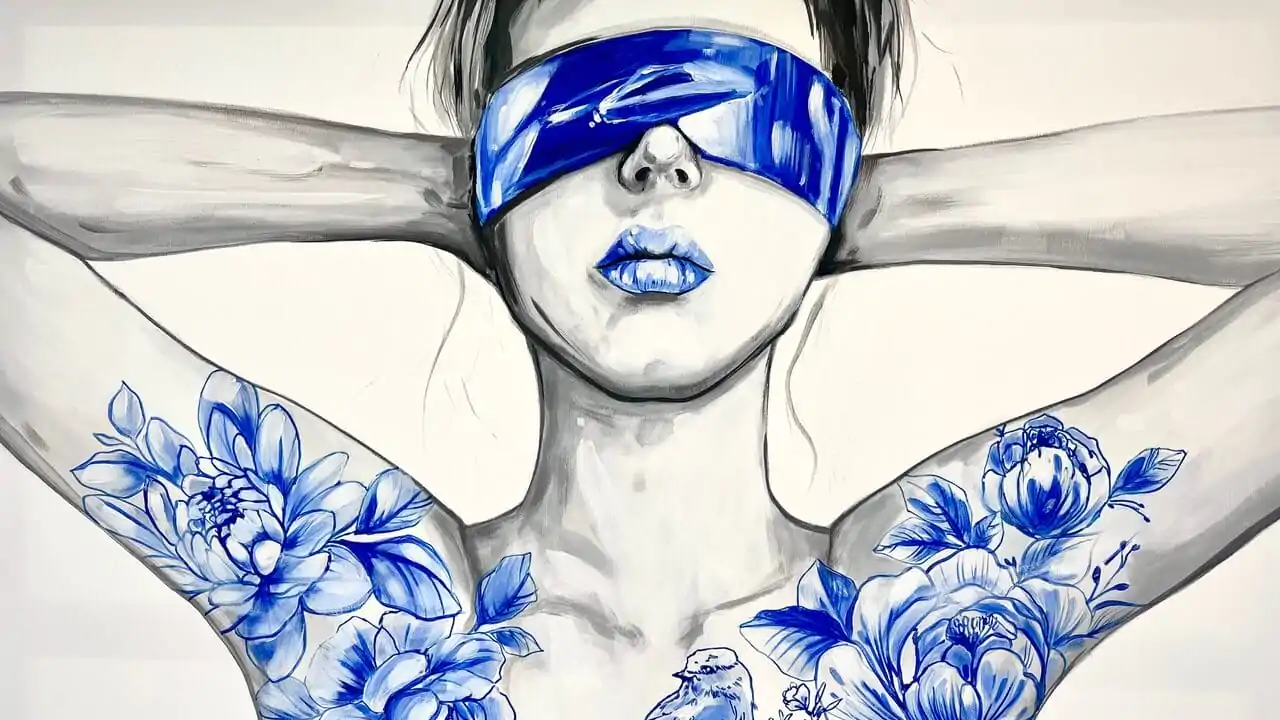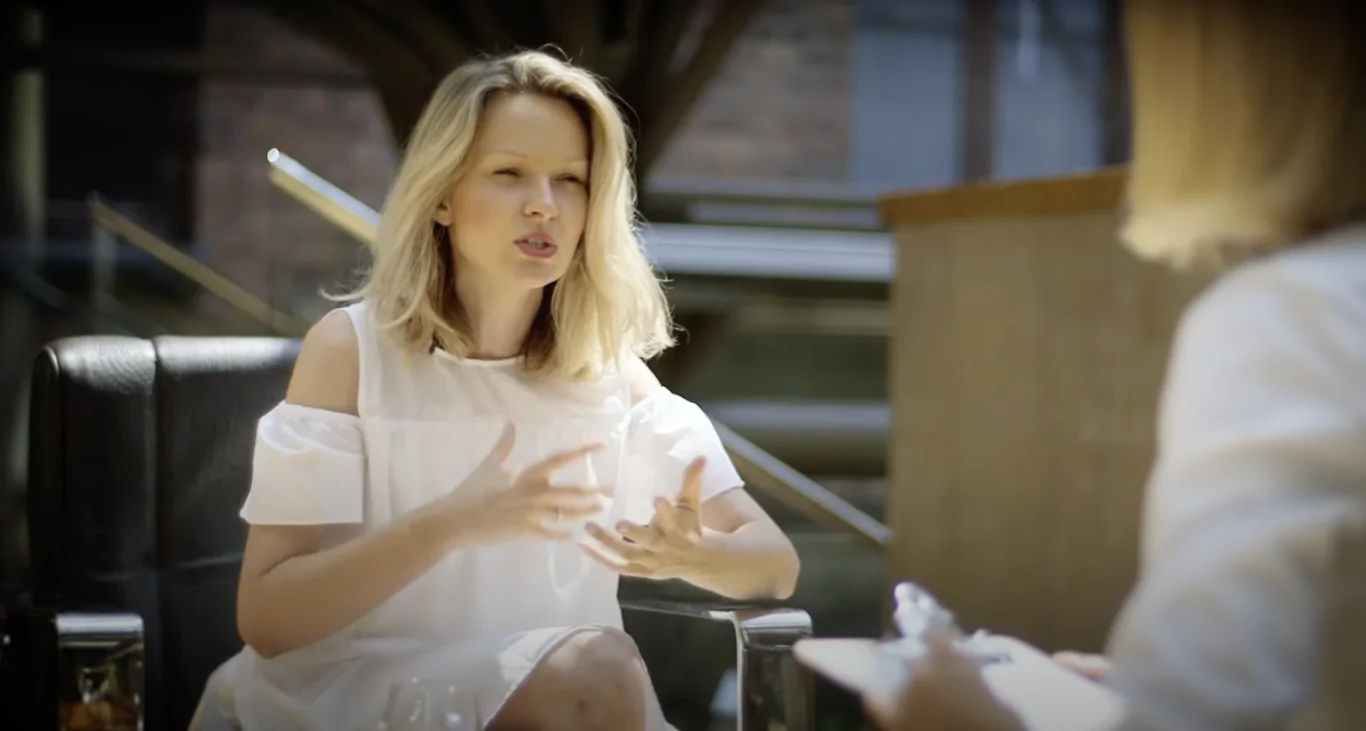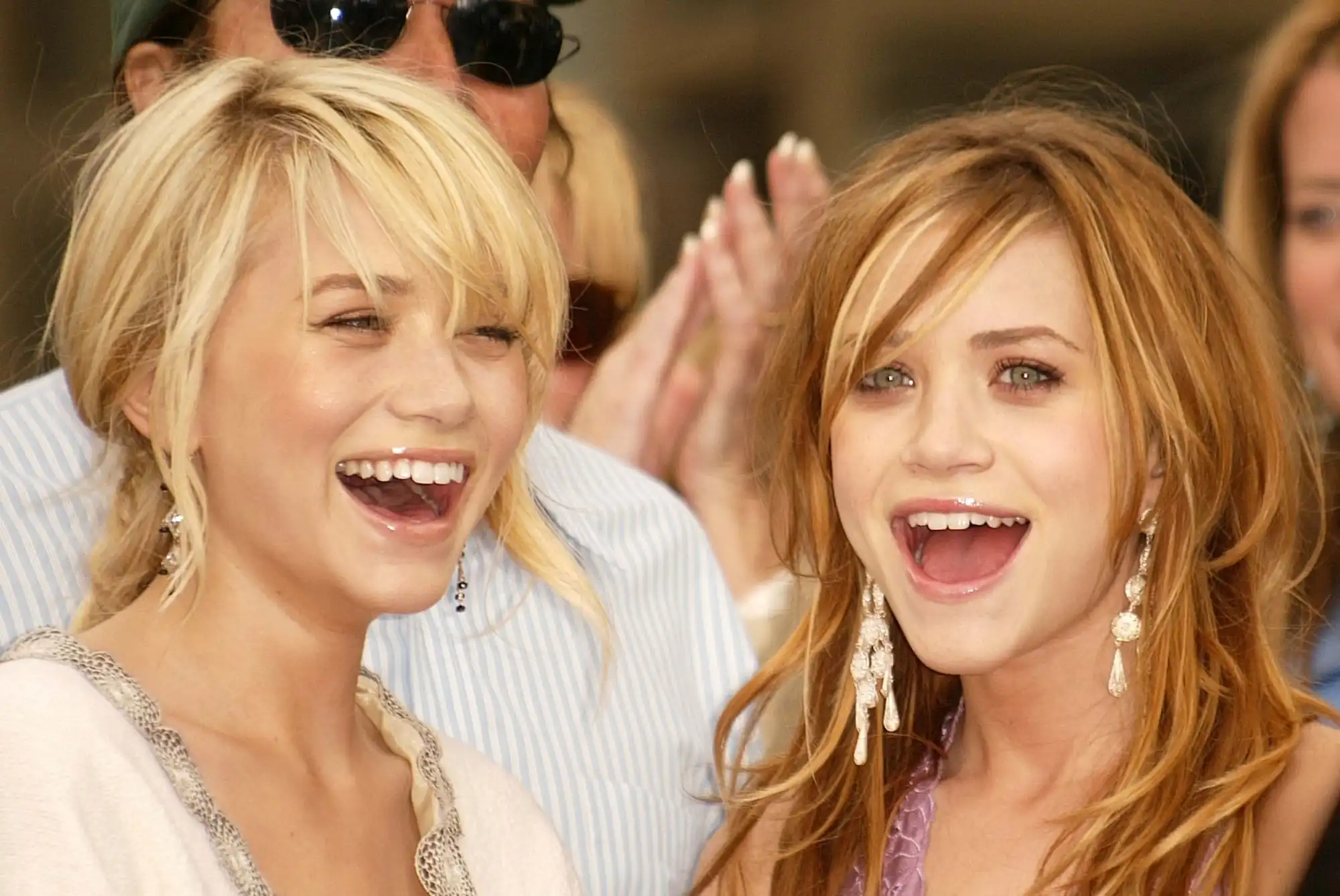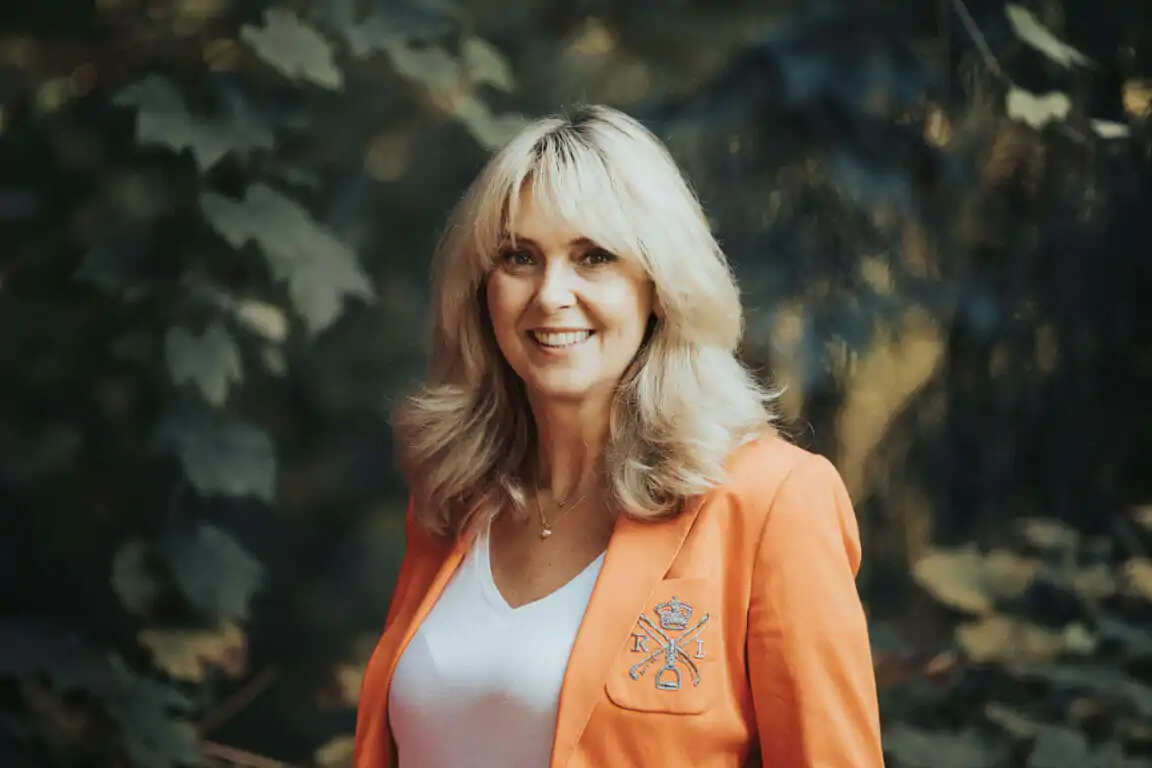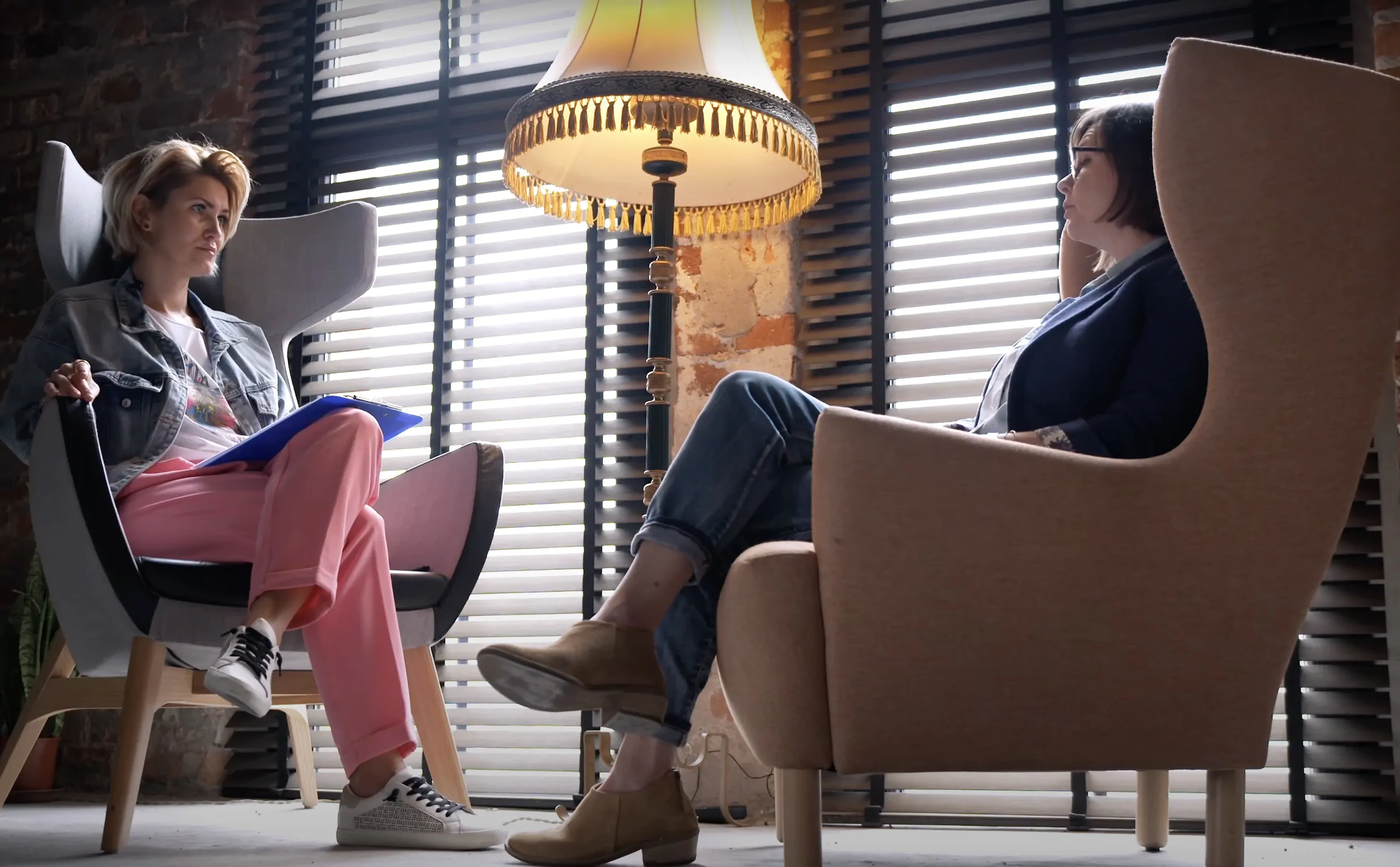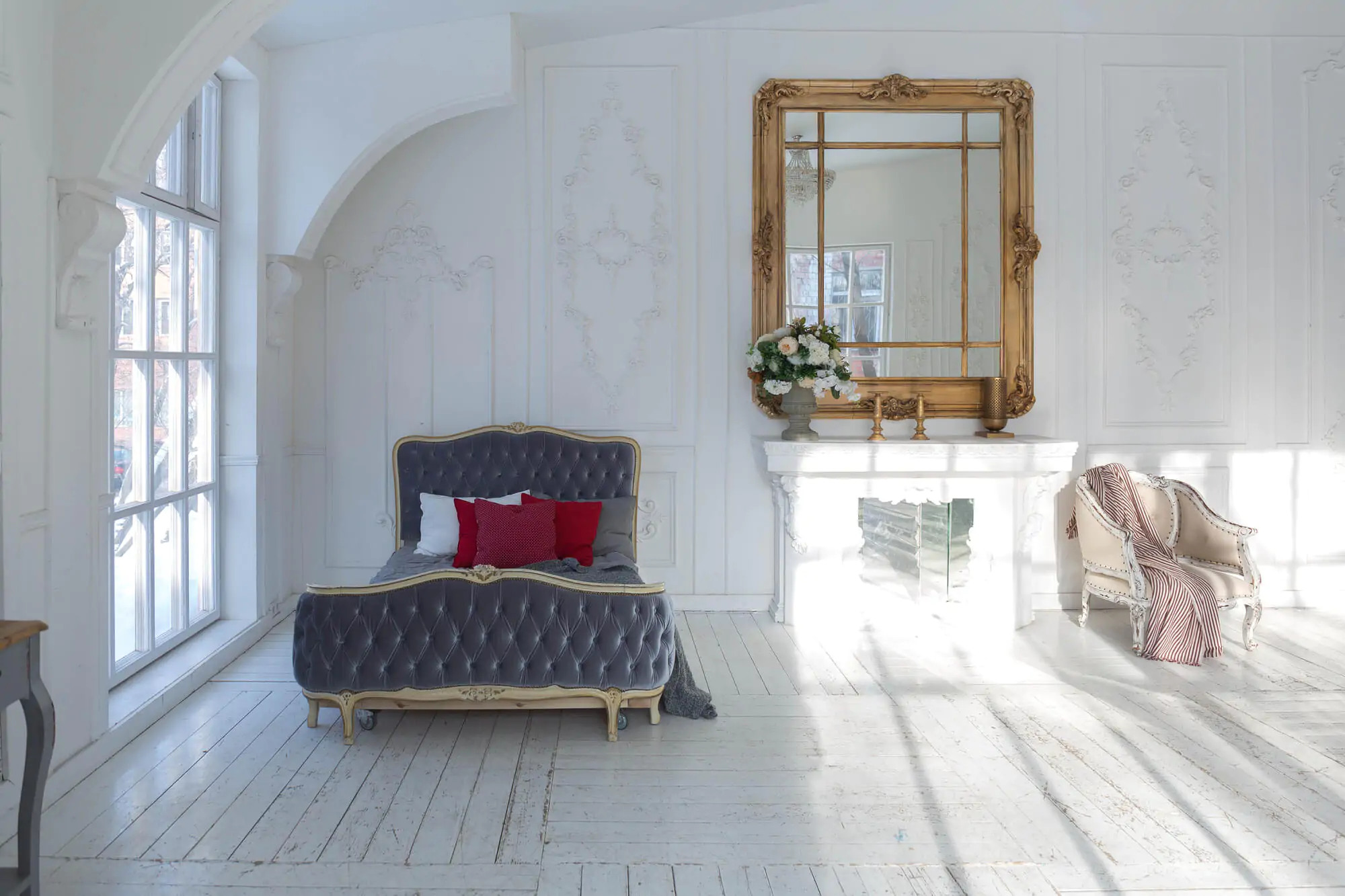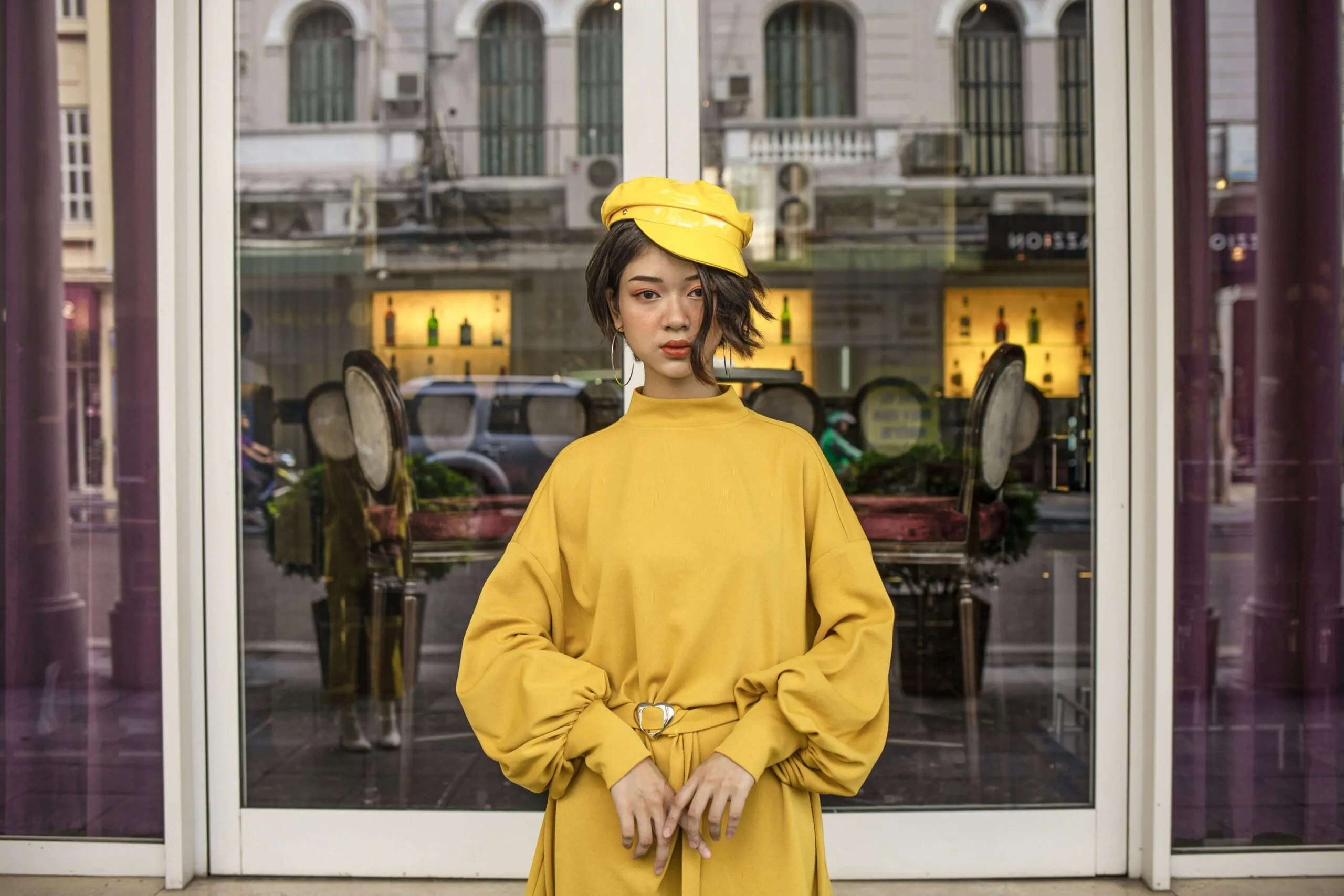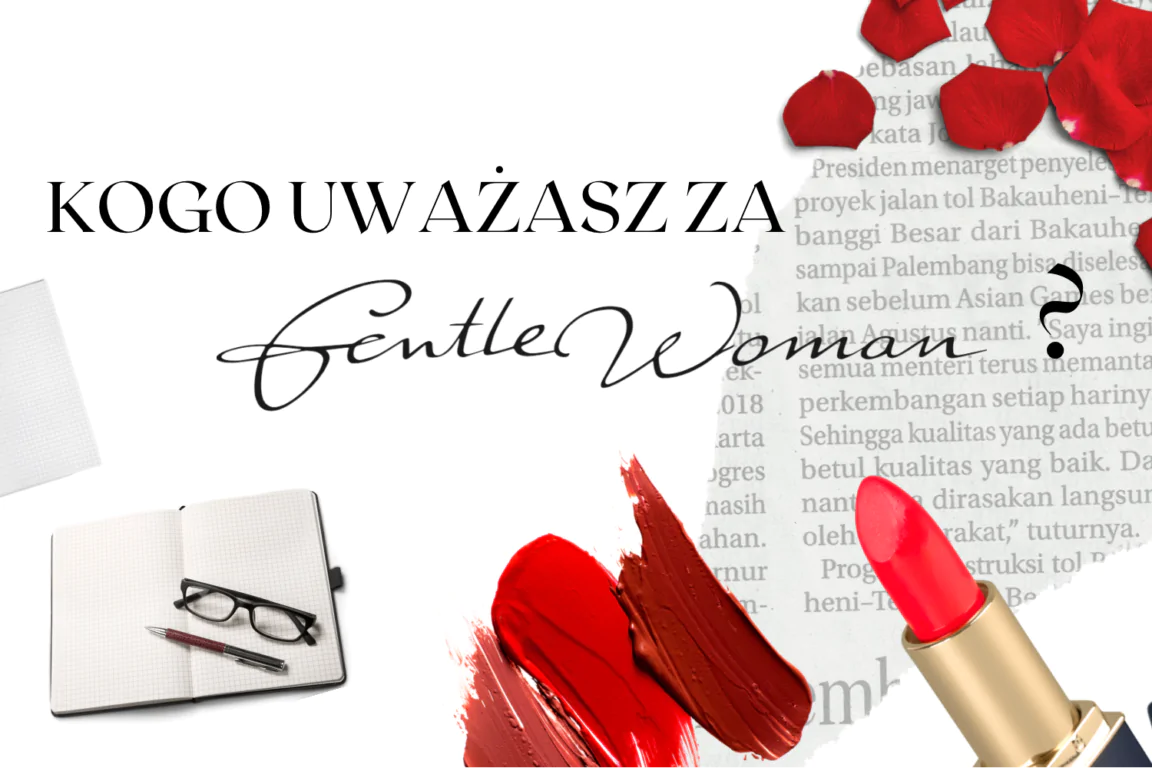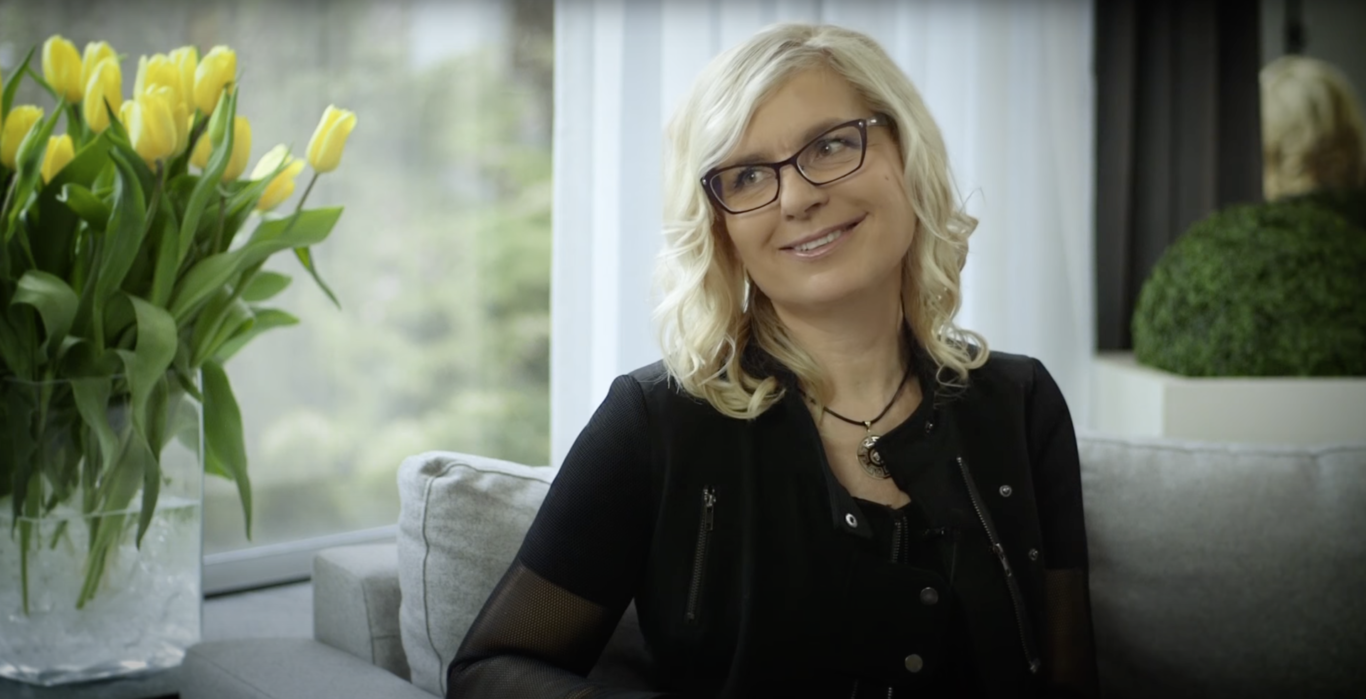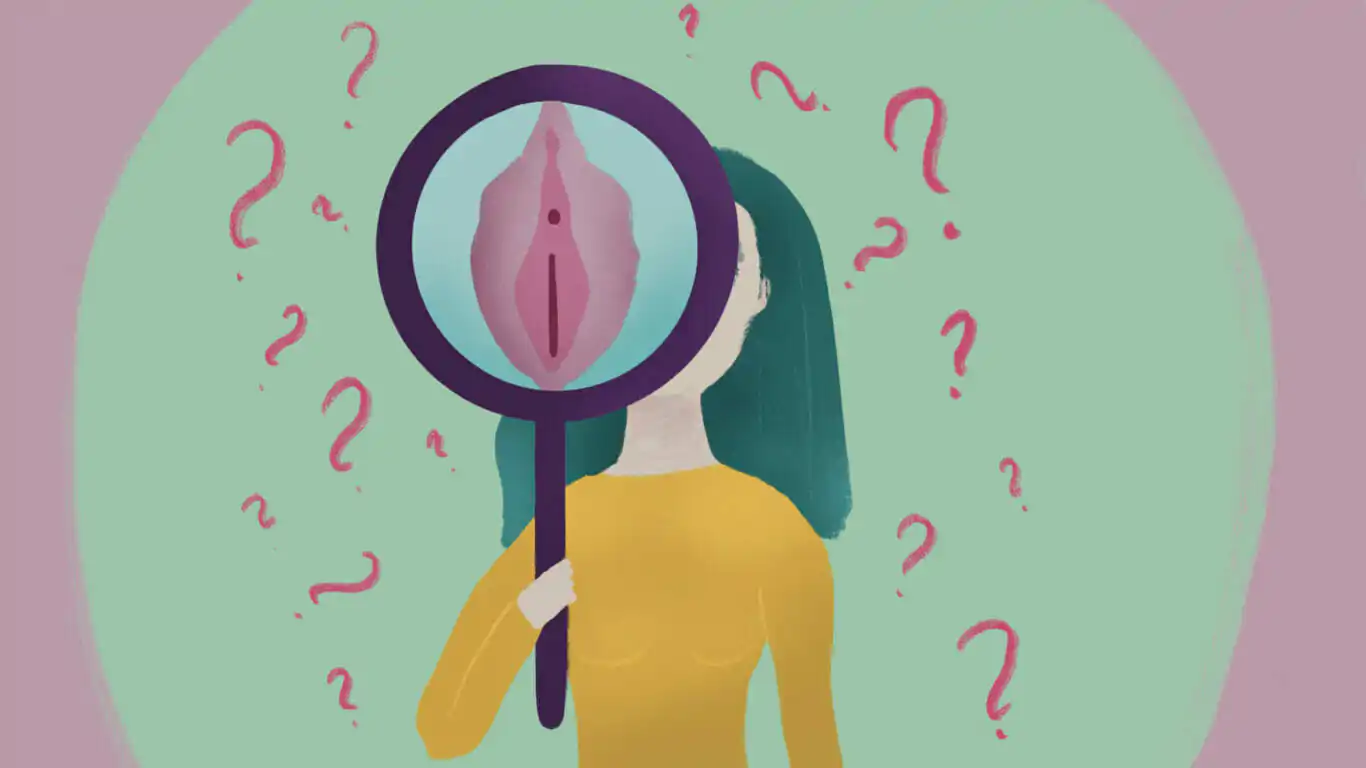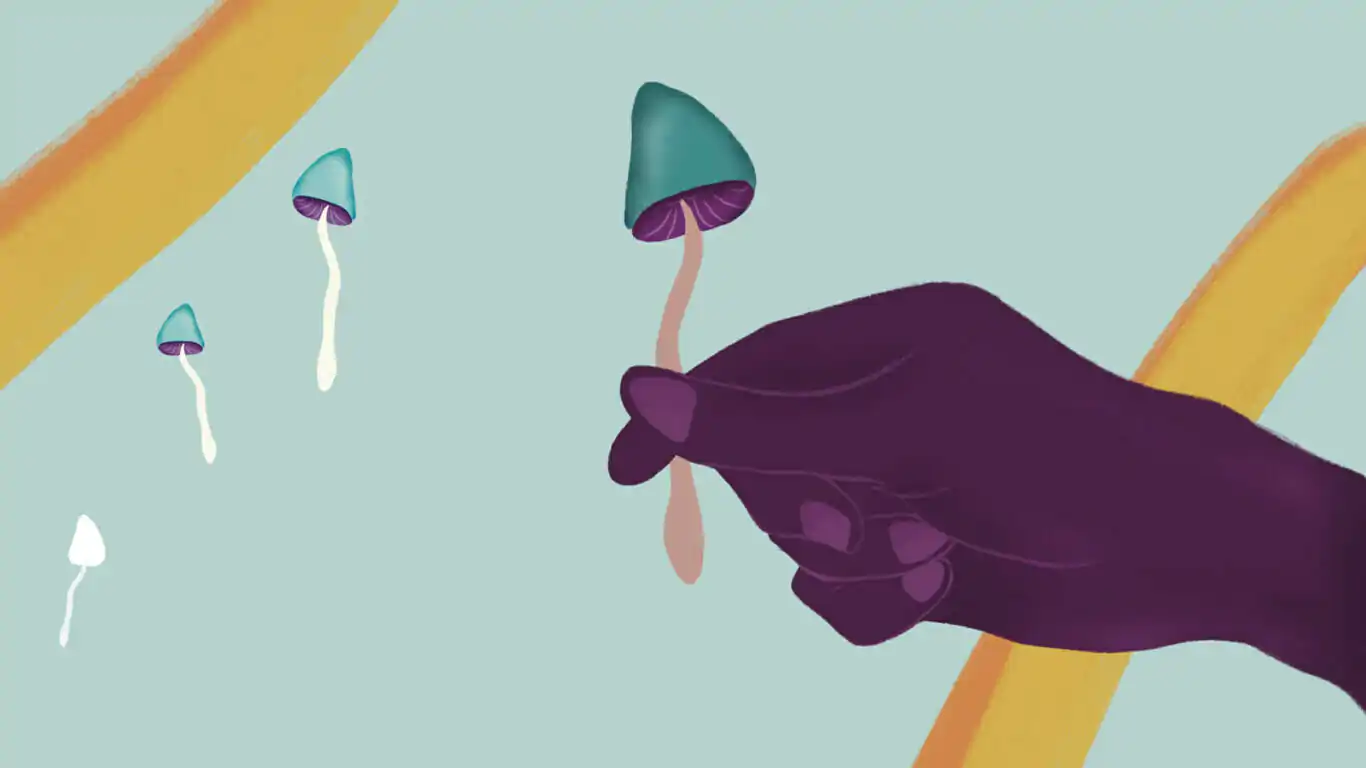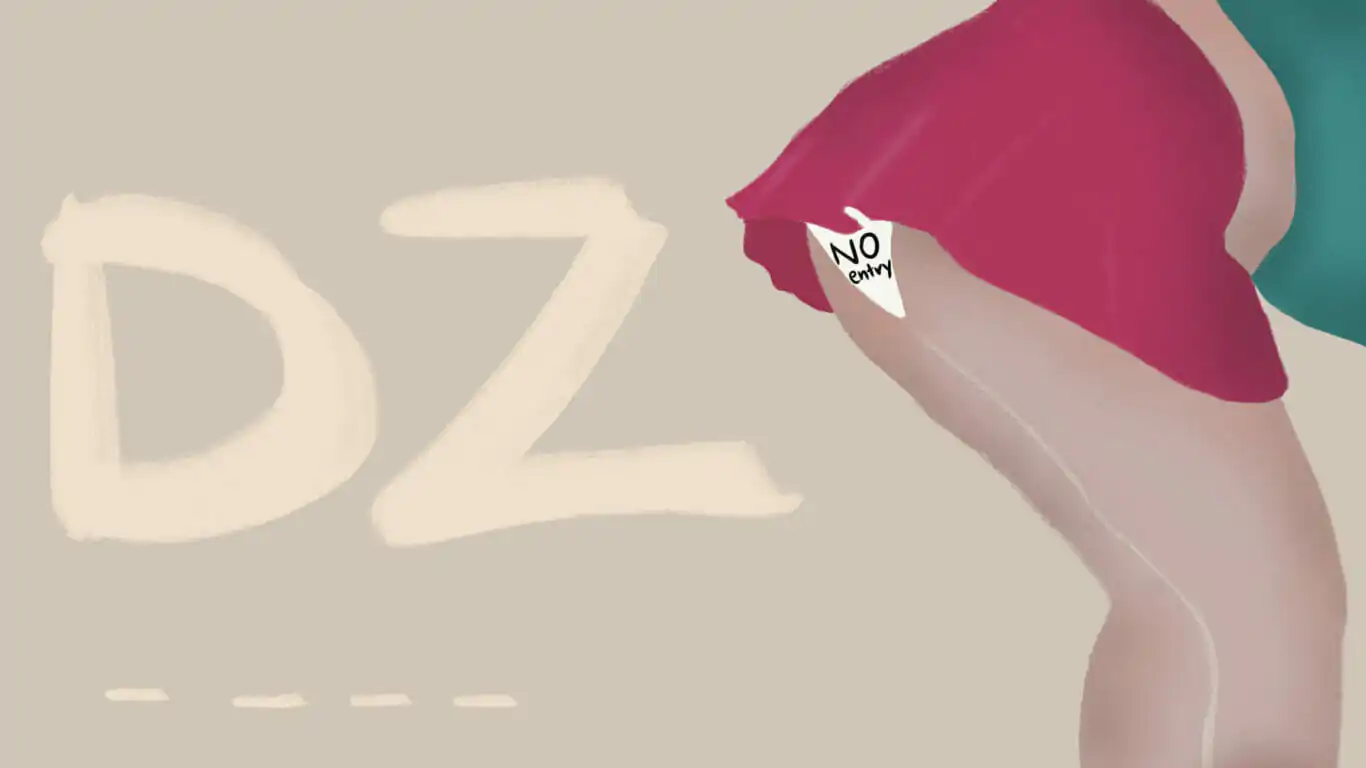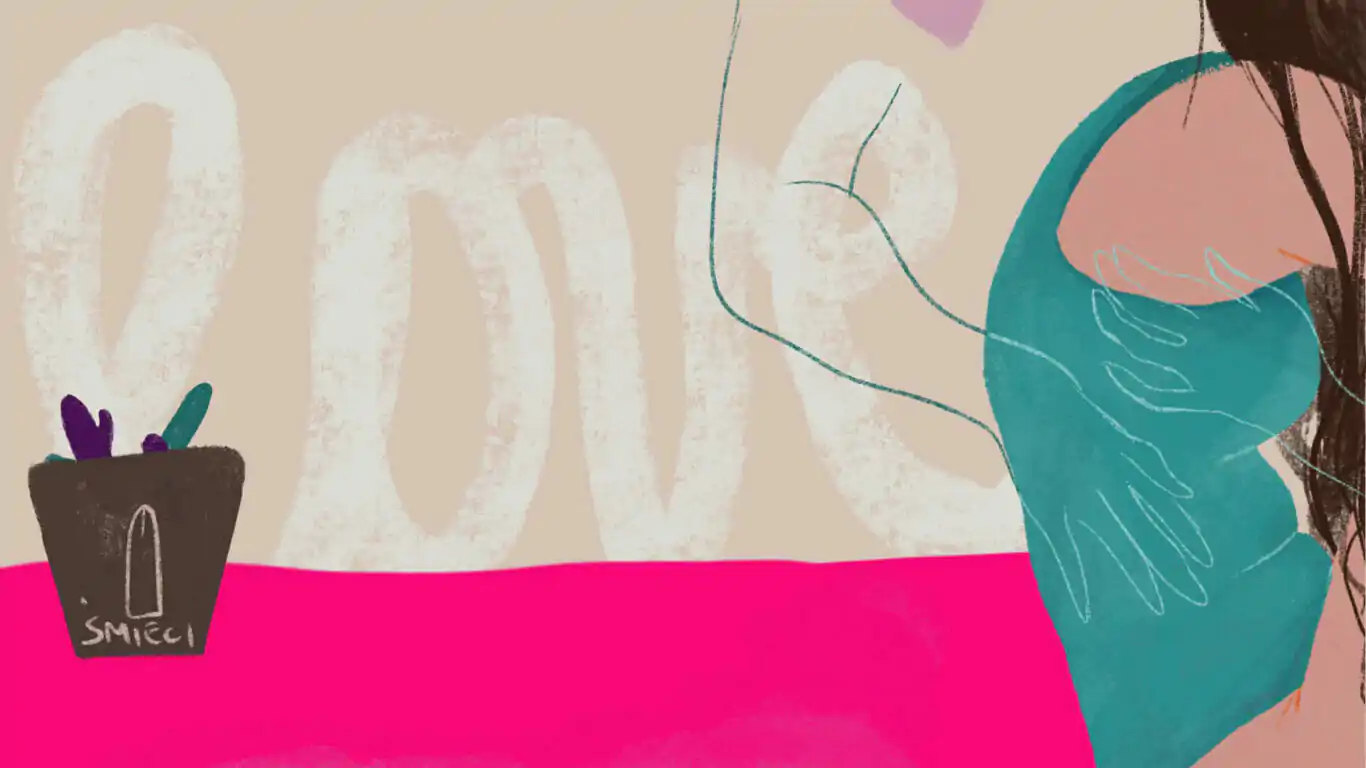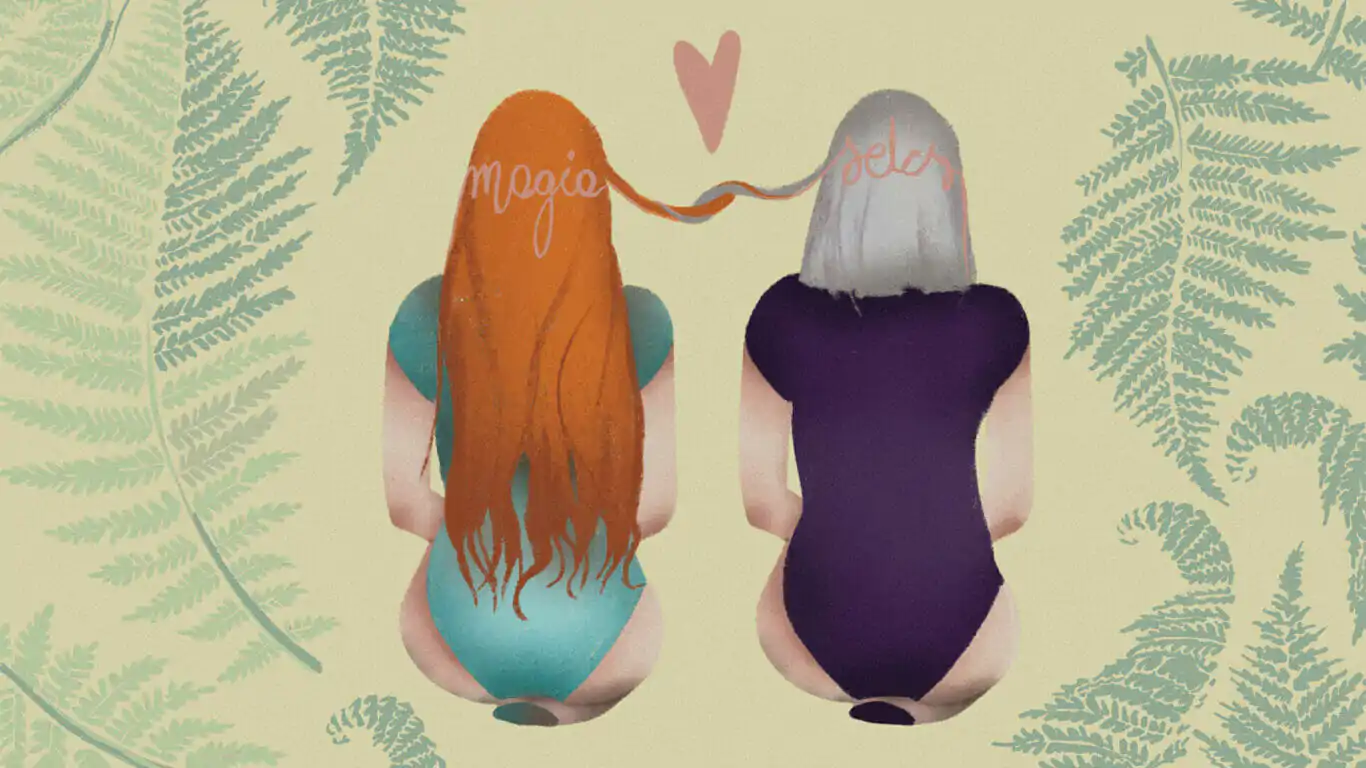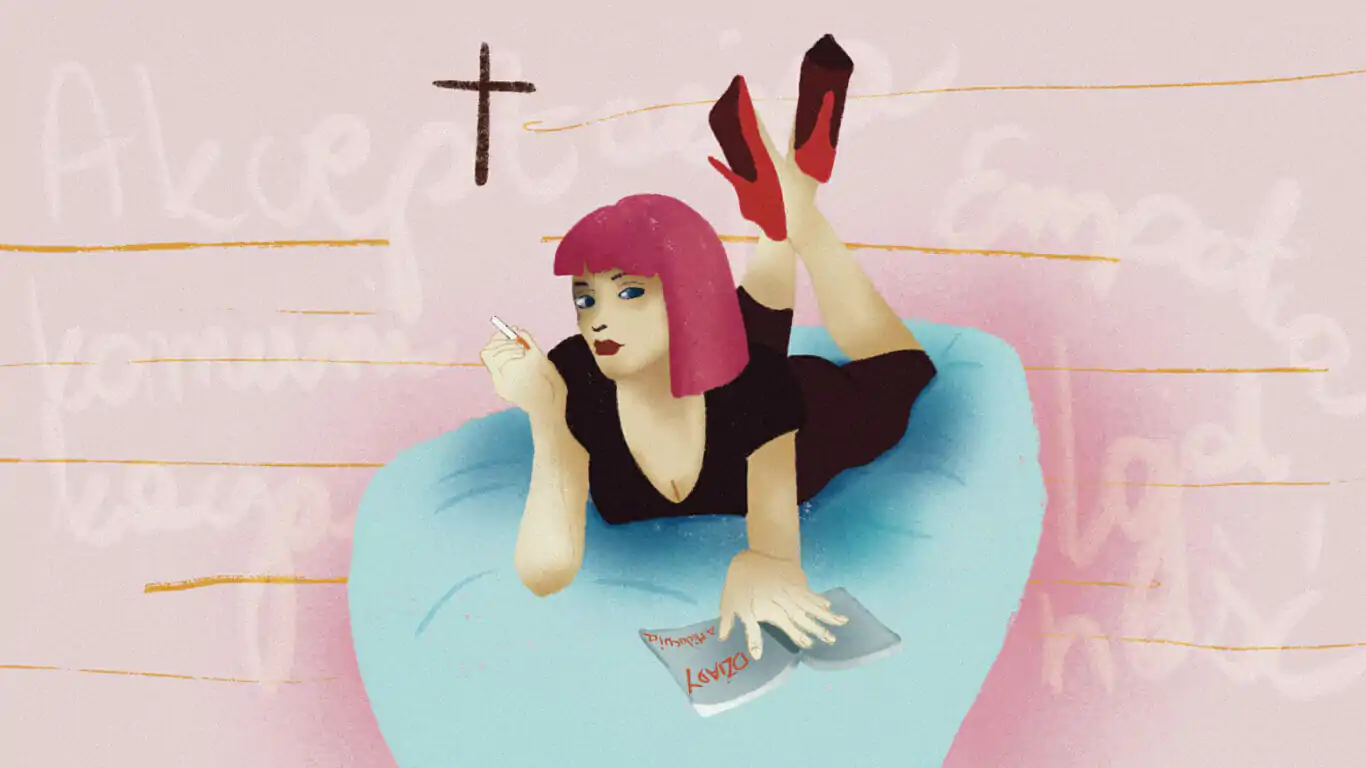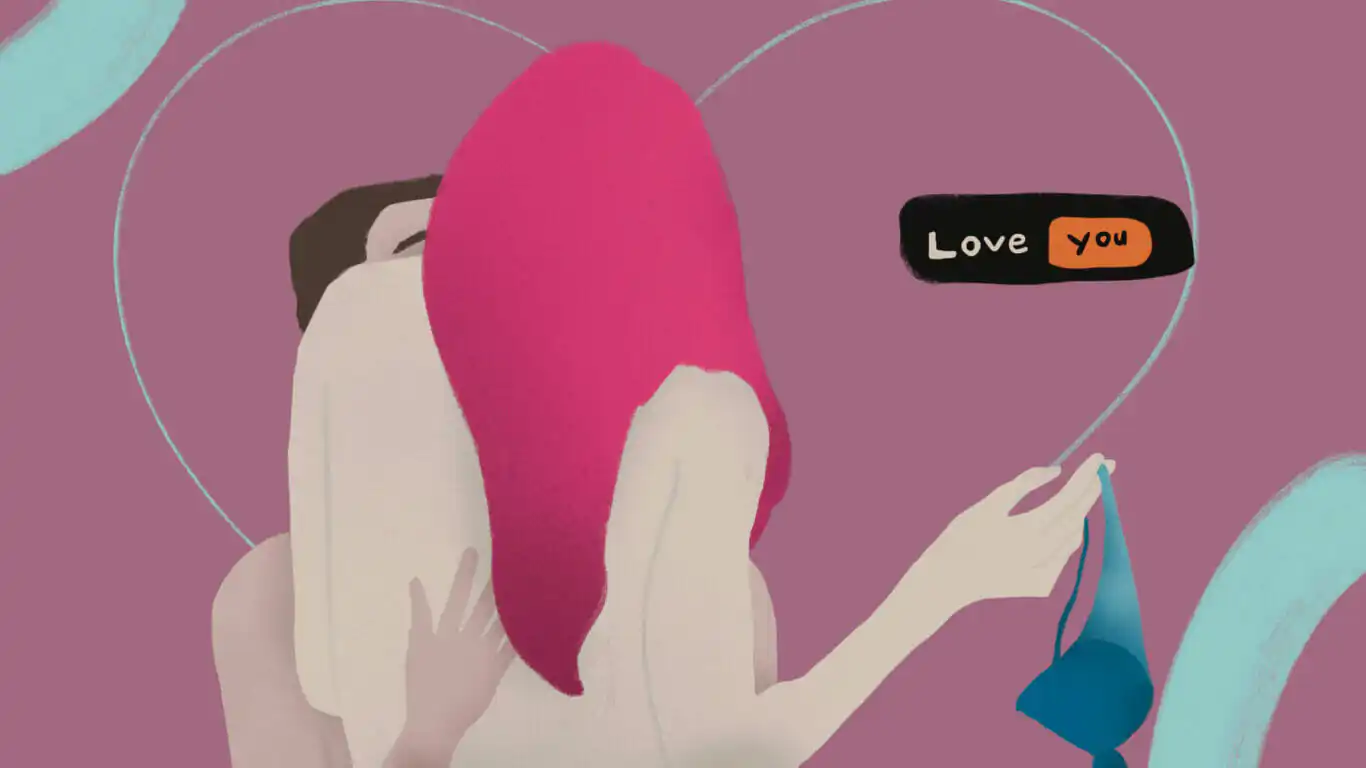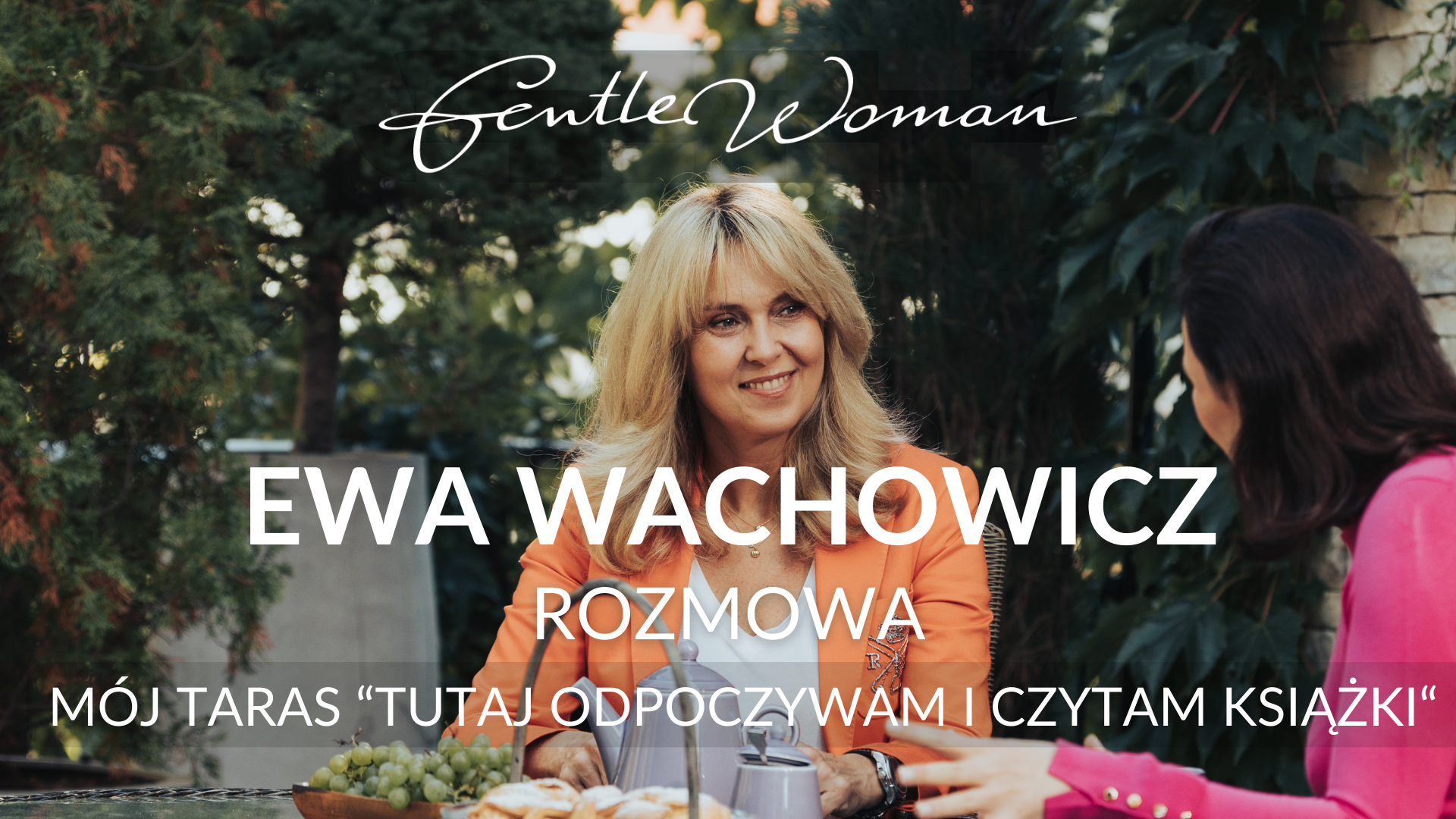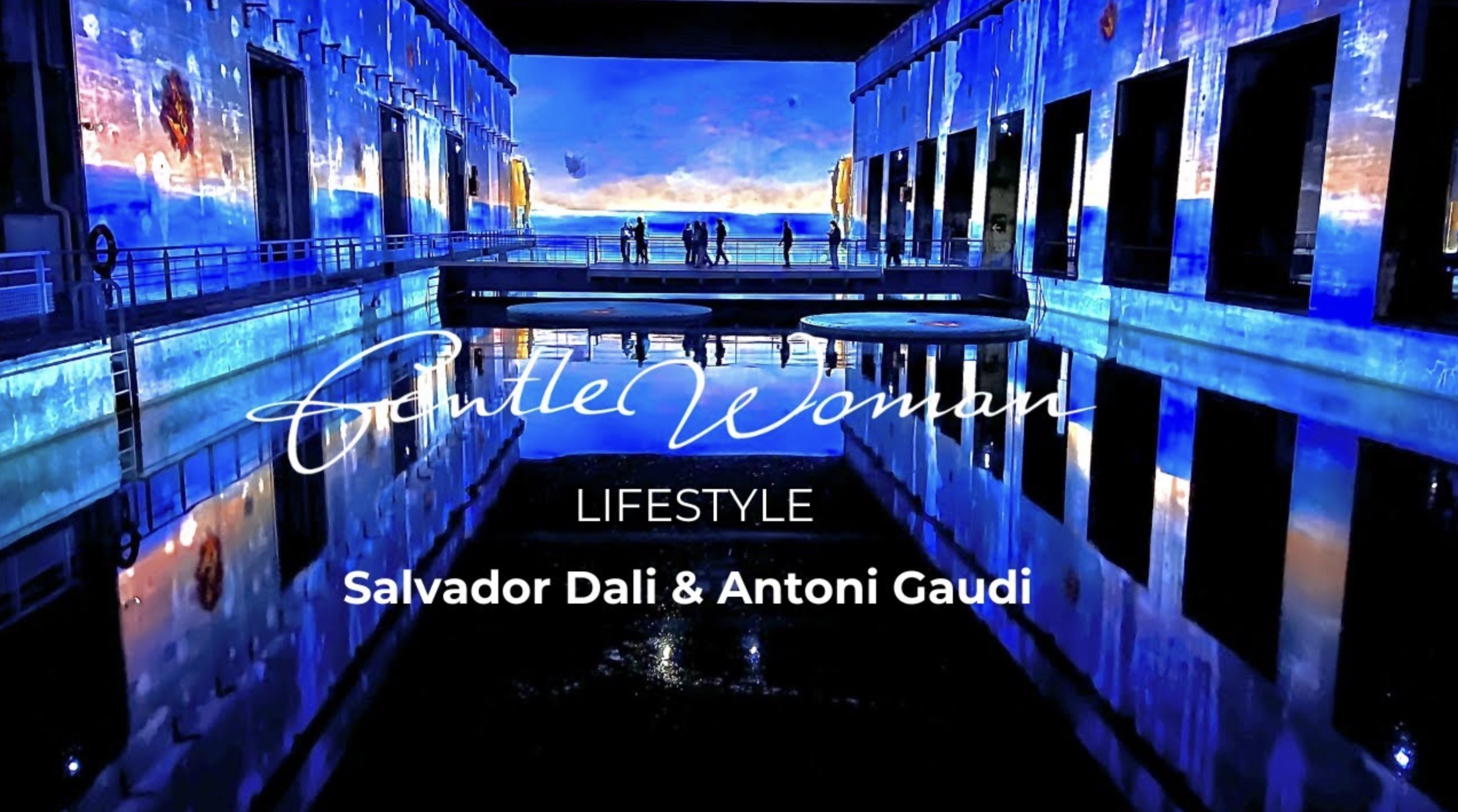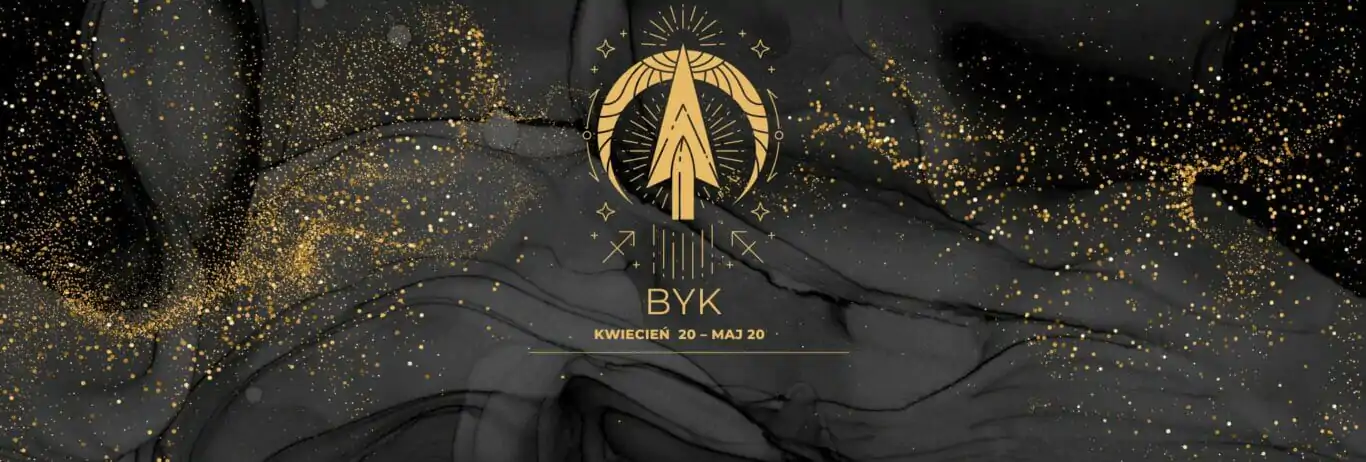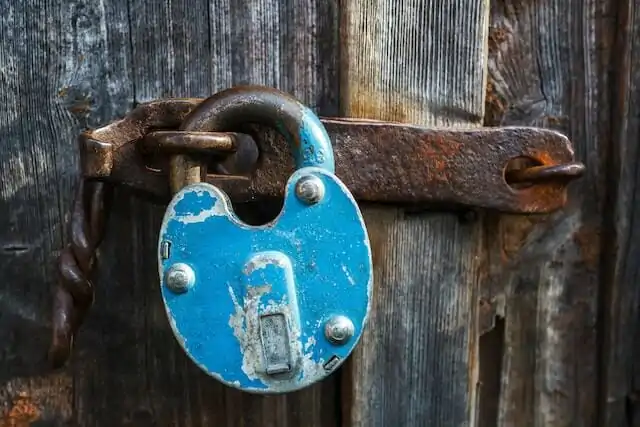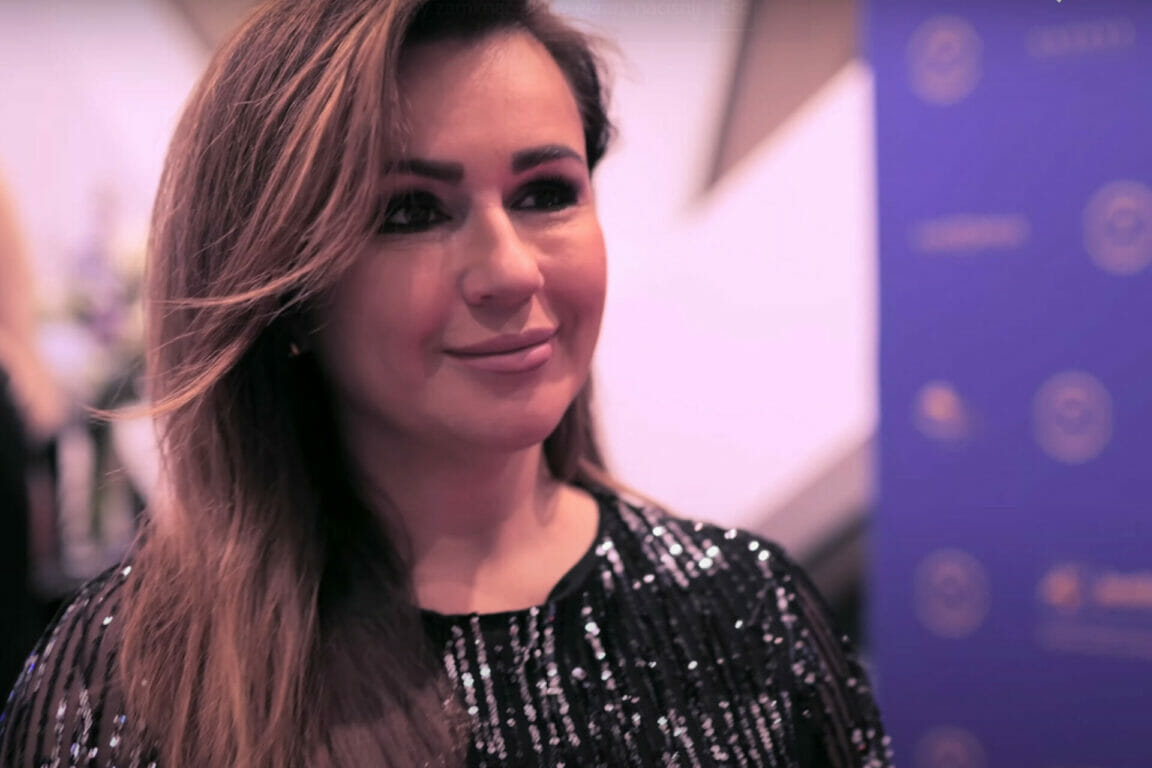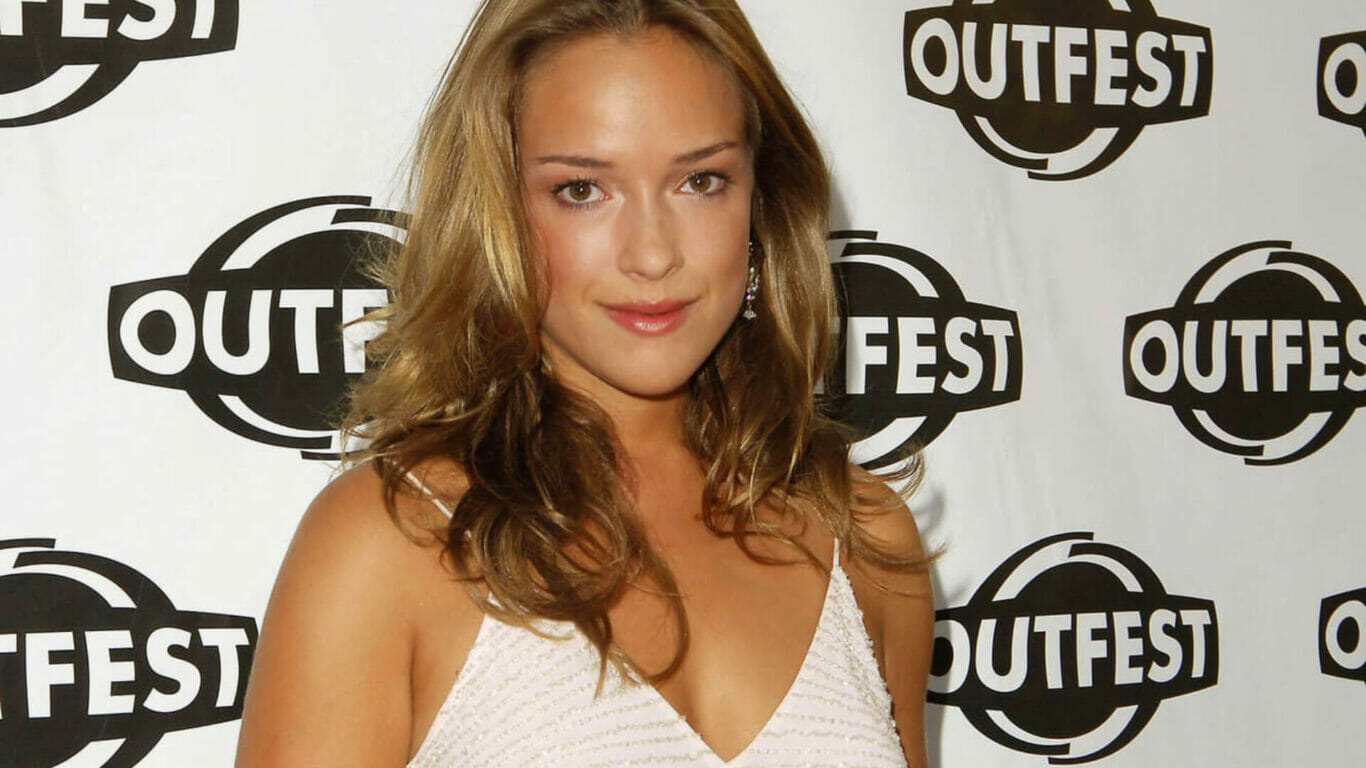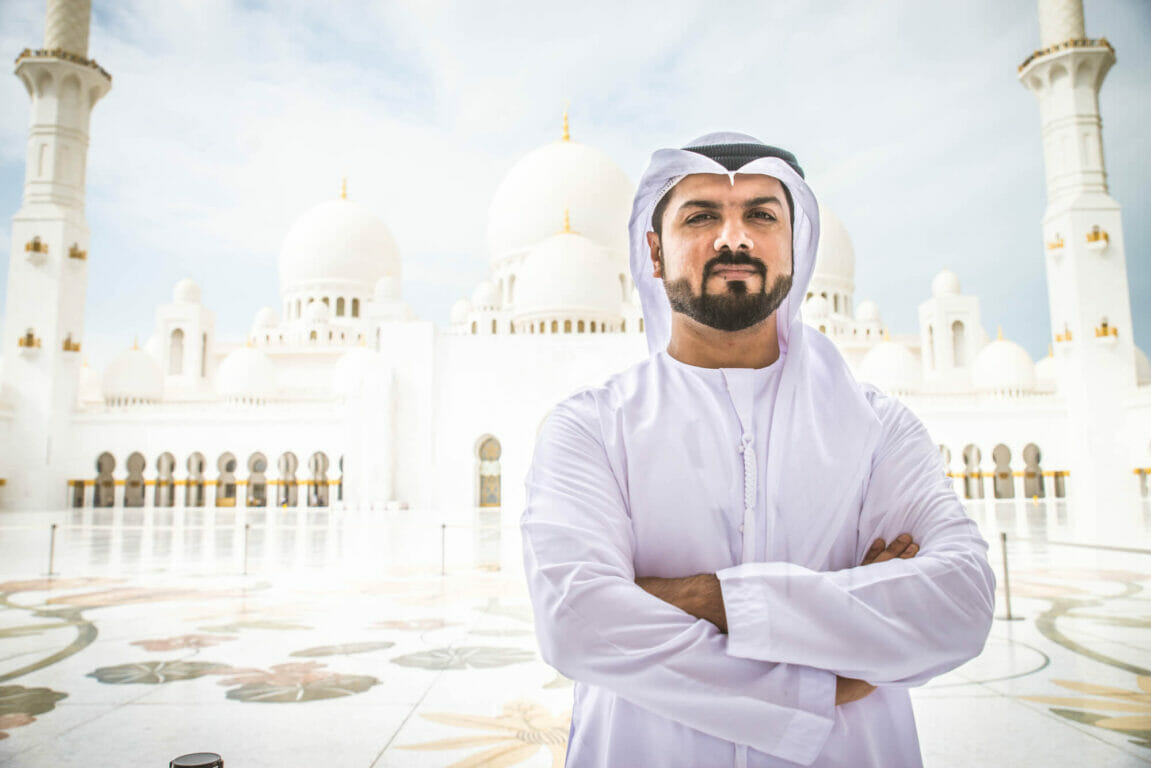Editors recommend TOP Emotions Psychology Relationship and sex
Anxious attachment style and Avoidant attachment style: 6 ways to overcome an anxious style in a Relationship
Overcoming an anxious attachment style requires a deep understanding of oneself and an openness to [...]
Editors recommend TOP Emotions Psychology The editors recommend
Toxic parents – what does scientific research say? Recognizing patterns and the path to a healthy relationship
Toxic parents can negatively affect our lives, often without us realizing it. Instead of support [...]
Editors recommend TOP Emotions Psychology The editors recommend Topic of the Month
What is assertiveness? How to express yourself without fear?
Assertiveness is the ability to say what we think and feel, without fear and with [...]
The editors recommend Psychology Topic of the Month
What is chauvinism and how to distinguish it from misogyny and sexism?
Chauvinism is not just an archaic belief from the past, but unfortunately an ever-present problem [...]
Emotions Psychology The editors recommend
Filing for divorce? Discover the 7 most common reasons couples split.
Divorce is a common occurrence in modern society. Each couple has its own history and [...]
Emotions Psychology The editors recommend
Is it worth writing to an ex partner?
Thinking about texting your ex? Before you reach for the phone, it's worthwhile for you [...]
Emotions Gentleman Lifestyle Psychology The editors recommend
Sigma personality and types of men to avoid in a relationship
When planning to engage in a serious relationship, it is worth remembering that not every [...]
Emotions Psychology The editors recommend
Male narcissism vs. women’s self-esteem
Narcissism can have a destructive effect on women's self-esteem. When a woman finds herself in [...]
The editors recommend Personal development Psychology
Personal development: 6 things every woman should do alone at least once in her life
There are moments in every woman's life that define her strength, independence and self-awareness. Some [...]
Emotions Psychology The editors recommend Topic of the Month
Emotional manipulation in relationships: Identifying the manipulator and How to Defend Yourself
In love life, an encounter with a manipulator can be particularly difficult and emotionally devastating. [...]
Emotions Lifestyle Mom Onet Psychology The editors recommend
Grooming online: a hidden threat to your child.
Online grooming is a serious threat that is affecting more and more young Internet users. [...]
Onet Emotions Psychology The editors recommend
Love bombing: when love becomes an emotional trap
Love bombing is a phenomenon that at first glance may seem innocent. It involves showering [...]



